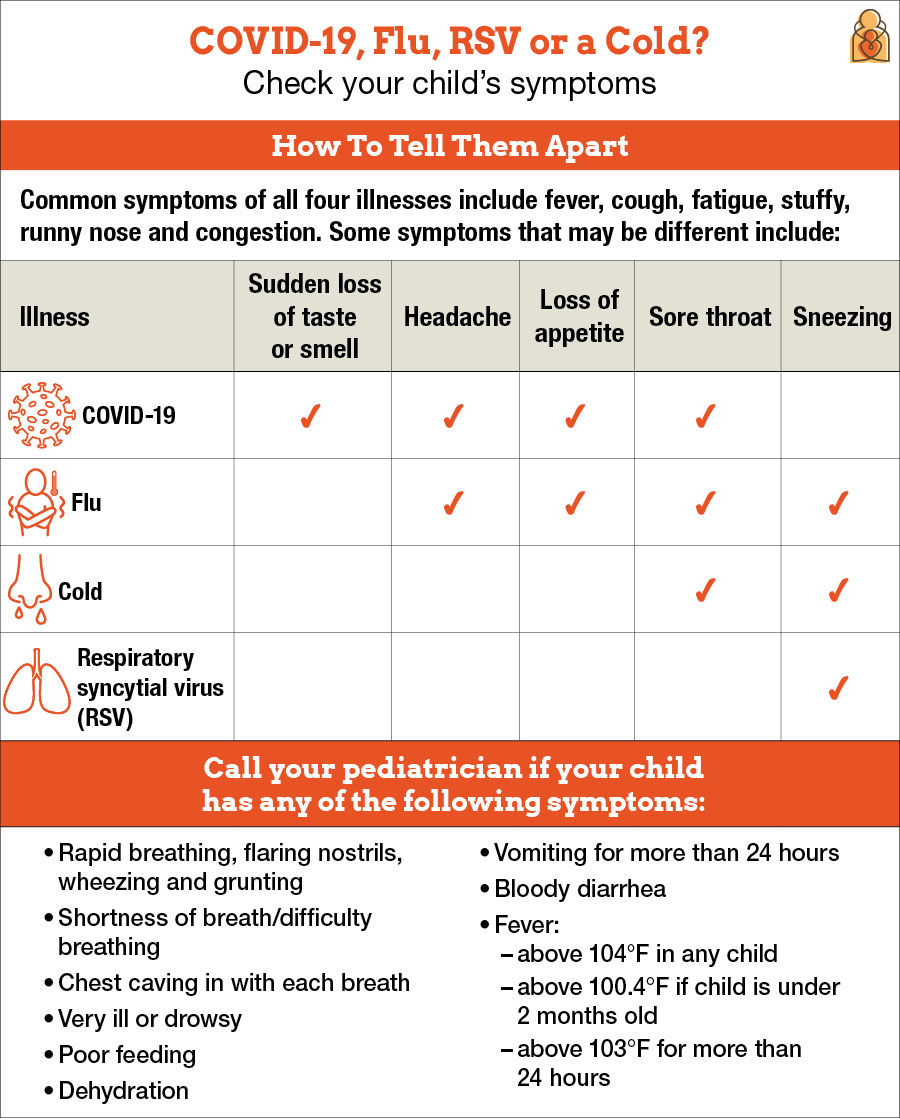RSV Cases on the Rise
The Town of East Hartford Health Department is advising residents that Respiratory Syncytial (sin-SISH-uhl) Virus, or RSV, cases are on the rise. Surveillance has shown an increase in RSV detections and RSV-associated emergency department visits and hospitalizations in multiple U.S. regions, with some regions nearing seasonal peak levels.
What is RSV?
Respiratory syncytial (sin-SISH-uhl) virus, or RSV, is a common respiratory virus that usually causes mild, cold-like symptoms. Most people recover in a week or two, but RSV can be serious, especially for infants and older adults. RSV is the most common cause of bronchiolitis (inflammation of the small airways in the lung) and pneumonia (infection of the lungs) in children younger than 1 year of age in the United States.
What are the Symptoms of RSV?
People infected with RSV usually show symptoms within 4 to 6 days after getting infected. Symptoms of RSV infection usually include:
- Runny nose
- Decrease in appetite
- Coughing
- Sneezing
- Fever
- Wheezing
These symptoms usually appear in stages and not all at once. In very young infants with RSV, the only symptoms may be irritability, decreased activity, and breathing difficulties.
RSV can cause more serious health problems.
Healthy adults and infants infected with RSV do not usually need to be hospitalized. But some people with RSV infection, especially older adults and infants younger than 6 months of age, may need to be hospitalized if they are having trouble breathing or are dehydrated. In the most severe cases, a person may require additional oxygen, or IV fluids (if they can’t eat or drink enough), or intubation (have a breathing tube inserted through the mouth and down to the airway) with mechanical ventilation (a machine to help a person breathe). In most of these cases, hospitalization only lasts a few days.
Seek immediate medical attention if your baby has:
- A blue tint to their lips or fingernails or is unusually tired
- Nasal flaring: When your baby's nostrils flare out with every breath
- Short, shallow, and abnormally fast breathing: Look for chest wall retractions (a "caving in"of the chest in between and under the ribs)
What is the treatment for RSV?
Most RSV infections go away on their own in a week or two. There is no specific treatment for RSV infection, though researchers are working to develop vaccines and antivirals (medicines that fight viruses).
Take the following steps to relieve symptoms:
- Manage fever and pain with over-the-counter fever reducers and pain relievers, such as acetaminophen or ibuprofen (Never give aspirin to children)
- Drink enough fluids. It is important for people with RSV infection to drink enough fluids to prevent dehydration (loss of body fluids)
- Talk to your healthcare provider before giving your child nonprescription cold medicines. Some medicines contain ingredients that are not good for children
How is RSV spread?
RSV can spread when:
- An infected person coughs or sneezes
- You get virus droplets from a cough or sneeze in your eyes, nose, or mouth
- You have direct contact with the virus, like kissing the face of a child with RSV
- You touch a surface that has the virus on it, like a doorknob, and then touch your face before washing your hands
Is it COVID-19, the flu, RSV or a common cold?
All of the viruses that cause these four common childhood illnesses have some similar symptoms. This can make it hard to tell them apart. Here are some clues that help your pediatrician figure out what kind of respiratory illness is making your child sick.
- COVID-19 symptoms include fever, cough, fatigue, congestion, shortness of breath, sore throat, headache, sneezing, vomiting/diarrhea, or loss of taste/smell. COVID-19 symptoms can appear 2 to 14 days after infection.
- Flu symptoms include fever, cough, fatigue, stuffy nose, shortness of breath, sore throat, headache. Symptoms show up about 1 to 4 days after being exposed to a sick person. The infection can cause pneumonia.
- RSV can cause a fever, cough, fatigue, stuffy nose, shortness of breath, sneezing, fast/short breaths, flaring nostrils, wheezing and grunting, poor feeding/no appetite, and head bobbing or chest caving in between and under ribs with each breath. Symptoms of RSV usually are worst on days 3 through 5 and last about 5 to 7 days. The infection causes a cold, which may be followed by bronchiolitis or pneumonia. RSV is common in late fall through early spring.
- Common cold symptoms may include fever, cough, fatigue, stuffy nose, sore throat, sneezing. Colds are upper respiratory infections that can be caused by many viruses. A few common cold viruses are rhinovirus, adenovirus, human coronavirus, human parainfluenza virus, human metapneumovirus and RSV. Healthy children get about 6 colds a year.

Additional Resources
- RSV Flyer
- Signs of RSV in Babies (Video)
- RSV Symptom Tracker
- RSV: When it's More than Just a Cold
- CDC: RSV
- Pediatrician Discusses RSV Cases (Video)
To speak with a public health nurse or for questions about RSV, please contact the East Hartford Health Department at 860-291-7324.

